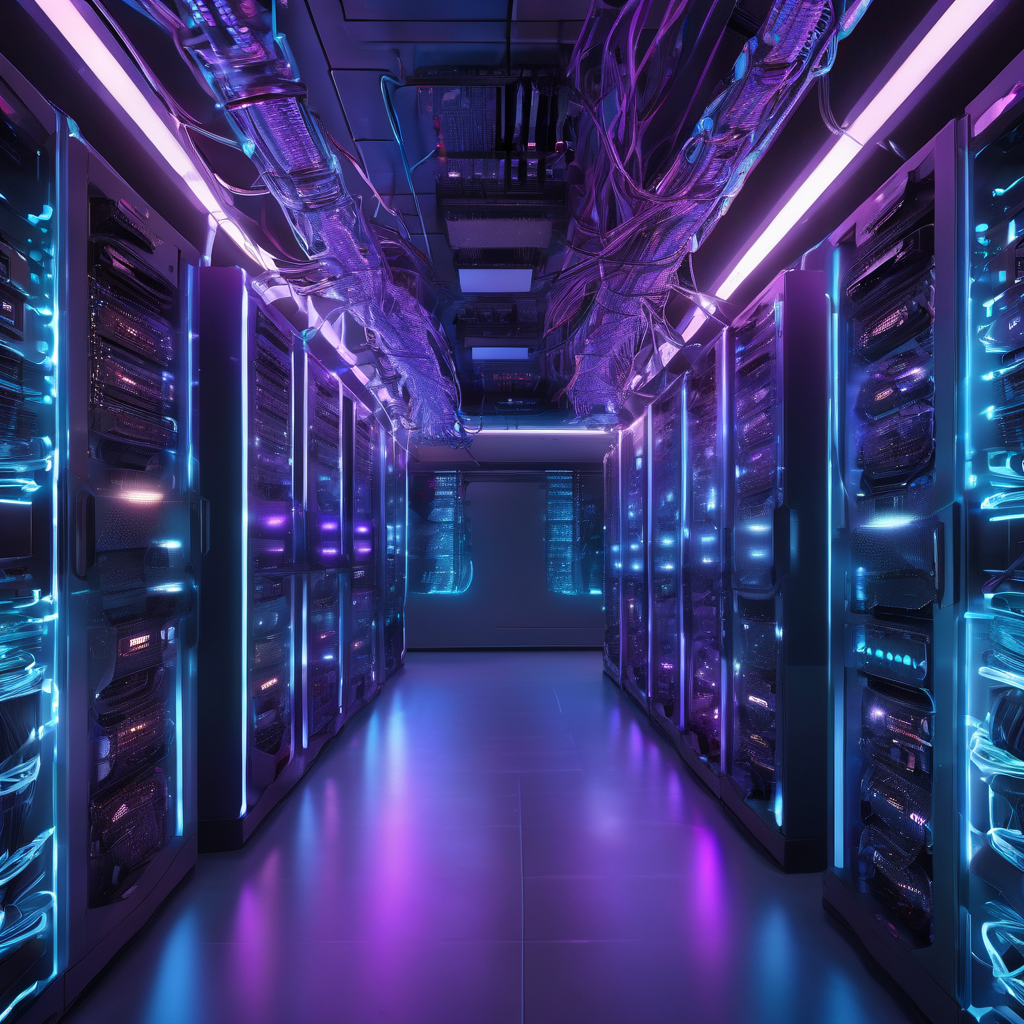
OpenAI has recently finalized a landmark agreement with semiconductor giant AMD, marking a major strategic move in the rapidly evolving artificial intelligence (AI) industry. Under this extensive deal, OpenAI will purchase a substantial volume of AMD microprocessors and may acquire up to a 10% equity stake in AMD. Valued at tens of billions of dollars, the agreement highlights the growing interdependence between leading AI developers and the hardware infrastructure essential for their advanced computing needs. This collaboration signifies a significant development in the AI sector, exemplifying the emerging trend of close partnerships between AI software firms and hardware suppliers. Industry experts refer to this phenomenon as the era of "AI mega-blobs, " reflecting the consolidation and intertwining of major AI players through investments, joint projects, and integrated supply chains. These alliances unite diverse expertise, fostering innovation and scalability in AI technology. Such partnerships are not unique to OpenAI and AMD. Other AI companies, like Anthropic, also benefit from major investments by technology leaders such as Google and Amazon. This broader pattern of interconnected financing and strategic cooperation forms a complex web where once-competing companies increasingly collaborate to accelerate AI research and deployment. While many view these developments as indicators of healthy industry growth and rapid technological advancement, there is growing concern about potential risks.
Critics warn that deep interconnectivity and circular investments could create unstable feedback loops, with companies becoming financially and operationally intertwined to a degree that raises systemic risks in the sector. Historical parallels have been drawn to periods like the 19th-century railroad boom, which featured excessive investment and speculative frenzy before regulatory reforms were introduced to address unsustainable growth and market instability. Analysts caution that without vigilant oversight and effective risk management, the AI sector—given its critical role across industries and economies—could face similar challenges. The repercussions of such interdependence could be profound. If a major player encounters operational, financial, or technological difficulties, the effects could cascade through supply chains, research progress, and market confidence across the AI landscape. This scenario underscores the urgent need for strong governance, transparency, and contingency measures among all participants. In sum, the OpenAI-AMD deal exemplifies the AI industry's dynamic evolution toward integrated ecosystems of technology providers and innovators. The scale and financial magnitude of this agreement emphasize the strategic importance of computing hardware companies in enabling AI capabilities at unprecedented levels. Moving forward, the industry must balance the advantages of collaboration and resource sharing with the necessity of resilience and risk diversification. In conclusion, the AI sector’s transformation relies on powerful collaborations like that of OpenAI and AMD to push technological boundaries. Yet, this new era also demands careful attention to the implications of concentrated partnerships to ensure the AI revolution advances sustainably and responsibly for society's benefit.
OpenAI and AMD Forge Landmark AI Partnership Shaping Industry's Future


Kuaishou's Kling AI is a groundbreaking video generation tool launched in June 2024 by the Chinese tech company Kuaishou.
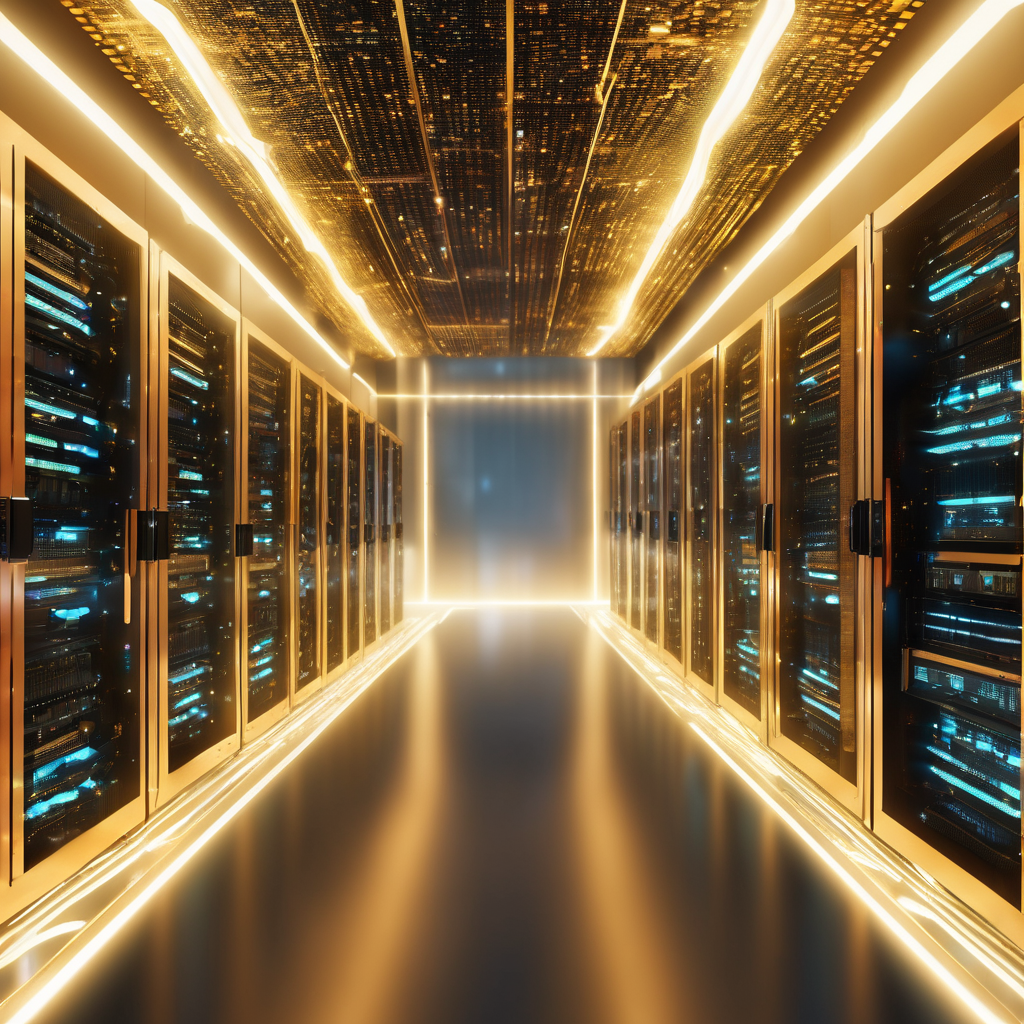
OpenAI has quickly become a key influencer in the stock market, significantly shaping the growth of the artificial intelligence (AI) economy.

The United States Senate has recently approved the 'GAIN AI' legislation as part of the National Defense Authorization Act (NDAA), which would mandate AI chip manufacturers like Nvidia and AMD to prioritize chip orders from American companies over exports, especially to China and its allies.
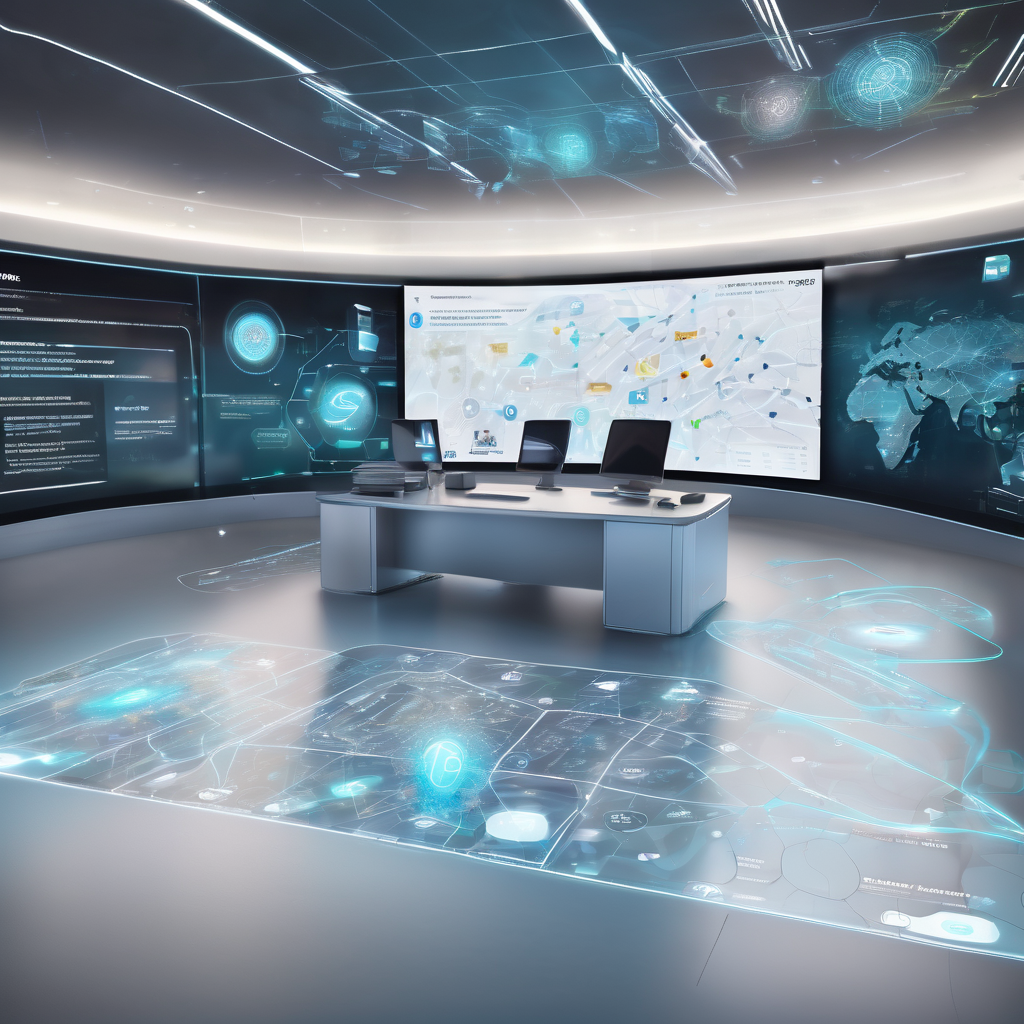
Editor’s note: This article is co-authored by Bart Willemsen and Penny Gillespie, VP Analysts at Gartner.
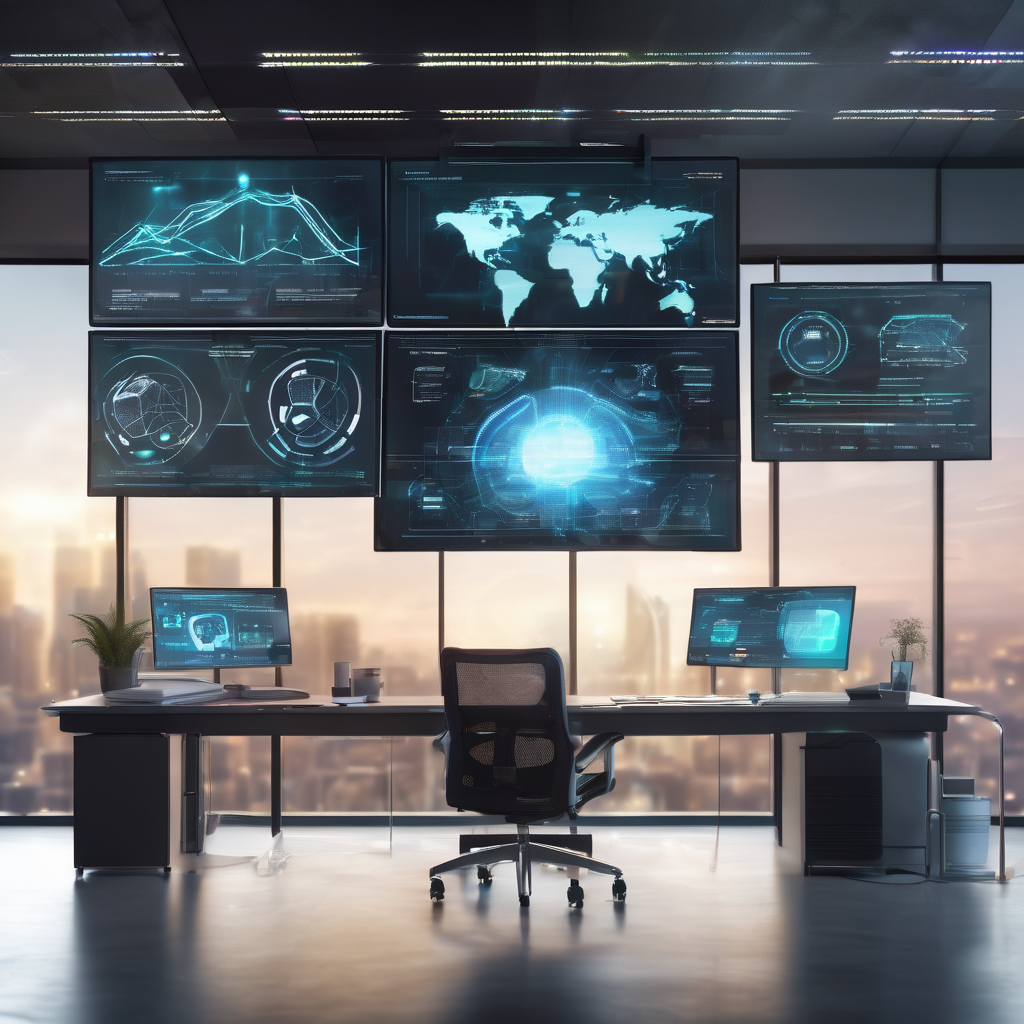
The Microsoft Advertising blog recently published a post about how to optimize content for AI Search Answers.
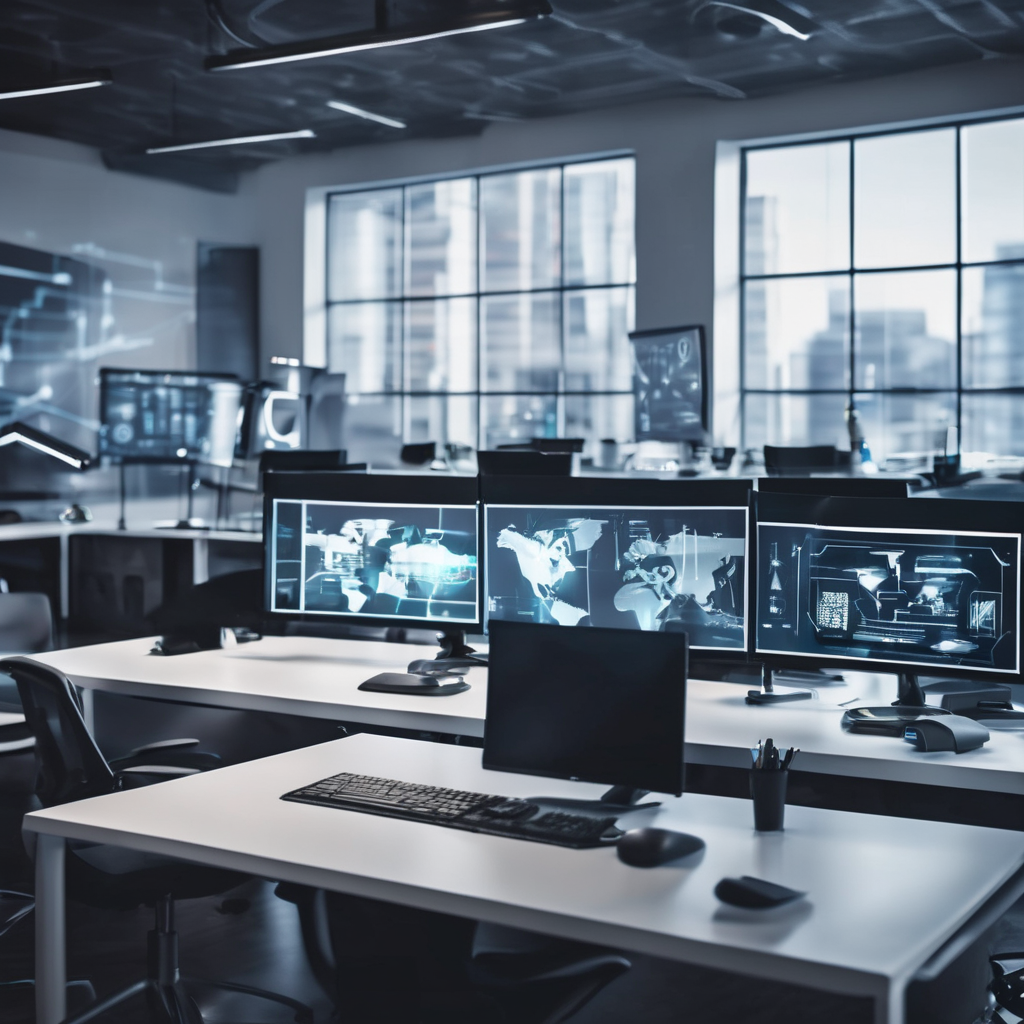
Trupeer is a US-based technology company specializing in advanced artificial intelligence (AI) software that automates the creation of business videos and documentation.
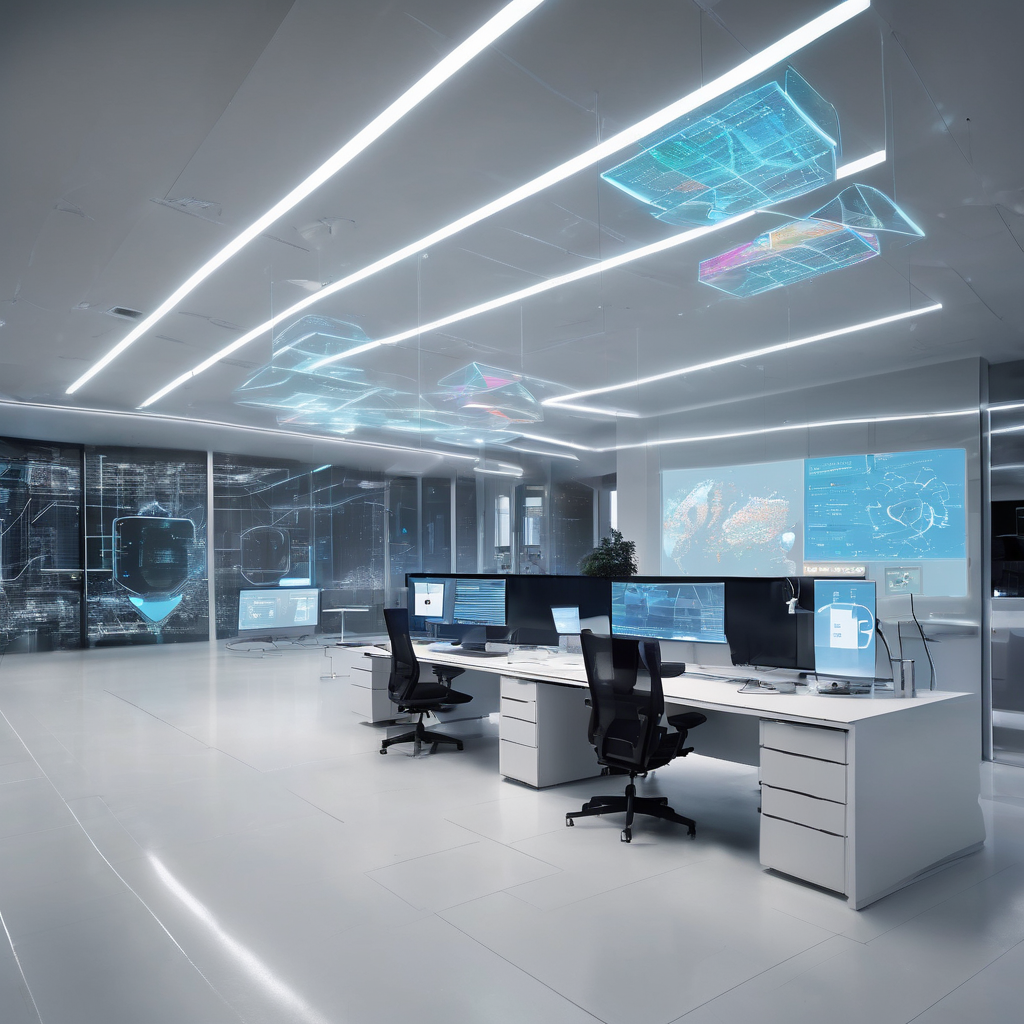
Adobe has introduced a new suite of AI agents tailored specifically for the complex business-to-business (B2B) market, aiming to simplify how companies sell to other organizations.
Automate Marketing, Sales, SMM & SEO

and get clients on autopilot — from social media and search engines. No ads needed
and get clients today